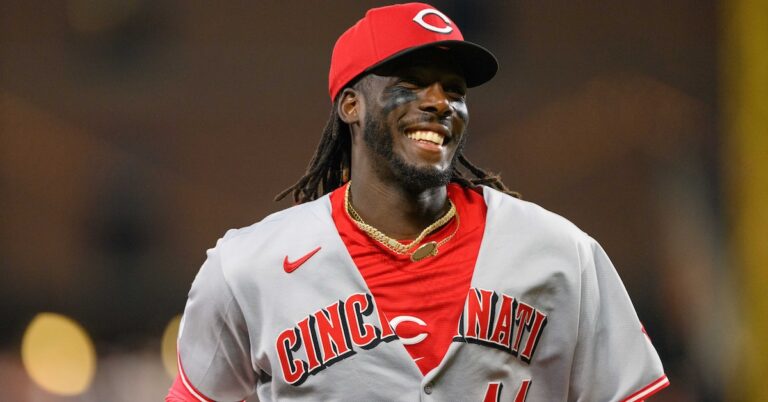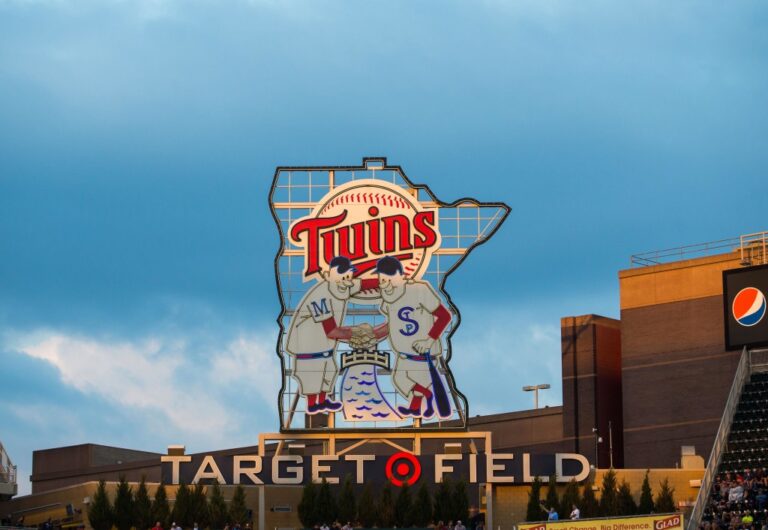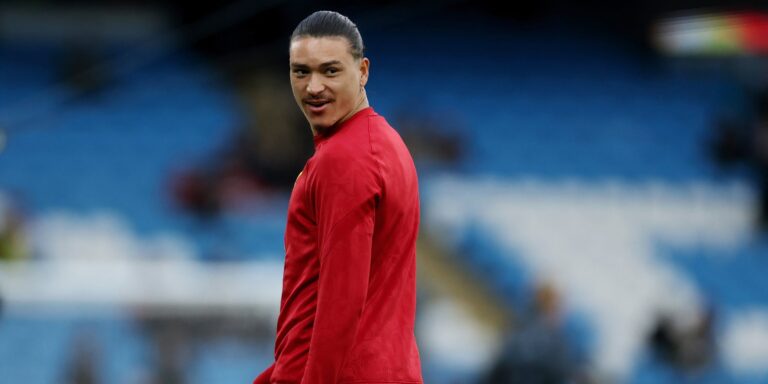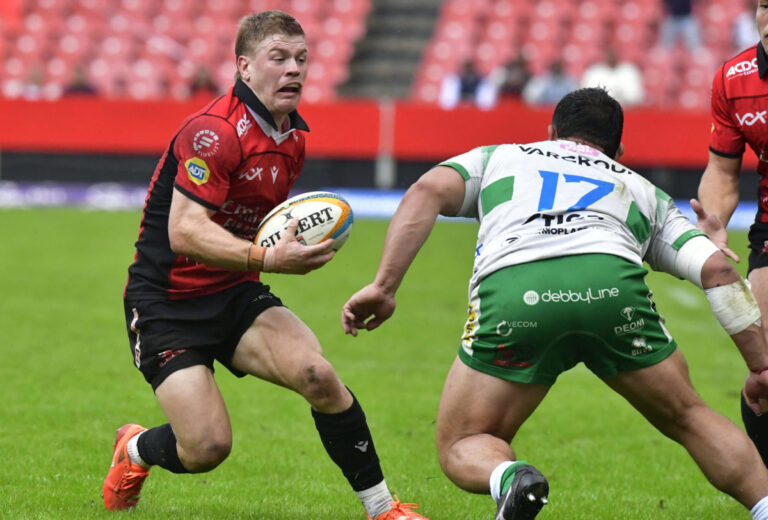

We’re spending the 2025 season looking back at previous seasons, specifically the 50 greatest teams in history, a group that I call the Best 50. Today’s entry, the 1903 Boston Americans, is No. 45 on the list, as determined by my new book, Baseball’s Best (and Worst) Teams.
Here’s a quick boilerplate explanation that I’m appending to every story in this series:
I compiled the Best 50 by analyzing 2,544 major-league teams from 1903 to 2024. Those clubs have been ranked by their team scores (TS), which are plotted on a 100-point scale. (A given club’s all-time percentile is the percentage of the other 2,543 teams that it outperformed.)
See my book for an explanation of my TS calculations. The book also offers separate breakdowns of the best and worst clubs for every decade and franchise, comprehensive profiles of the Best 50 (including position-by-position lineups and much more information than you’ll find in this newsletter), and similar summaries of the 10 worst teams of all time.
Now on to today’s profile.
-
Team: 1903 Boston Americans
-
Team score: 85.216 points
-
All-time rank: 45 of 2,544
-
All-time percentile: 98.27%
-
Season record: 91-47 (.659)
-
Season position: First place in American League
-
Final status: World champion
Boston wasn’t included in the American League’s plans for its inaugural season in 1901, not initially. But founder Ban Johnson gradually realized the inevitability of war with the National League. He hastily shifted his Buffalo franchise to Boston, where the new Americans would battle the existing Nationals for the hearts (and dollars) of local fans.
The Americans lured star third baseman Jimmy Collins from the Nationals, installing him as their player-manager. Collins brought several talented teammates with him, and the new club also lured star pitcher Cy Young from the NL’s St. Louis Cardinals. The Americans quickly became Boston’s favorite team, finishing second and third in their first two seasons. Everything finally clicked in 1903, when they rolled to the AL pennant by 14.5 games.
Get the complete lowdown on the 50 greatest (and 10 weakest) clubs of all time
The creation of the World Series can probably be attributed to boredom. Both pennant races in 1903 were exceedingly dull — the Pittsburgh Pirates coasted through the National League as easily as Boston breezed through the American League — so sportswriters and fans began agitating for the first-place clubs to meet in a postseason playoff.
The leagues had reached a peace agreement earlier in the year, but they hadn’t decided to stage a championship series. The owners of the Pirates and Americans took the matter into their own hands, arranging a best-of-nine showdown.
Cy Young threw the first pitch in the initial World Series game on October 1, 1903. General-admission seats cost 50 cents, the equivalent of $17.50 in 2024 currency. More than 16,000 fans attended, including several thousand who lined the field and were held back by ropes. The excitement was intense.
The Pirates won the opener, 7-3, but the Americans rebounded to take the title in eight games. Bill Dinneen tossed a four-hitter to clinch the championship for Boston, notching his third win of the series. “The Bean-eaters had the game well in hand from the very start, and the visitors were unable to solve the Boston twirler’s delivery,” raved the Sporting News.
A new installment will arrive in your email each Tuesday and Friday morning
Buck Freeman wasn’t a big man — just 5-9 and 170 pounds — but he was strong. He stunned the nation by blasting 25 home runs for the Washington Senators in 1899; nobody else in the National League hit more than 12 that year. He was, in the words of historian Eric Enders, “the first legitimate home-run hitter in baseball history.” Freeman won another crown in 1903, leading the American League with 13 homers for the Americans. He also topped the AL with 104 runs batted in.
Patsy Dougherty paced Boston with a .331 batting average, third-best in the league. Opponents rightly feared his speed. His 35 stolen bases also ranked third in the AL. The club’s other .300 hitter, spunky shortstop Freddy Parent (.304), slapped the ball to all fields and bunted proficiently.
The pitching staff was anchored by a trio of 20-game winners: Cy Young (28 victories), Bill Dinneen (21), and Tom Hughes (20). Young was a 36-year-old veteran of 14 big-league seasons. He no longer flashed the speed that had earned him the nickname of “Cyclone,” though his control was meticulous and his confidence was unrestrained. “There was no hitter that ever gave me trouble, at least not the second time around,” he said laconically.
Young pitched 341.2 innings in 1903 — an astounding workload by today’s standards — and Dinneen was close behind with 299. “I was a pitcher,” Dinneen said after his retirement in 1909. “And I would have been a pitcher much longer, but for the fact that I had to pitch so often.”





